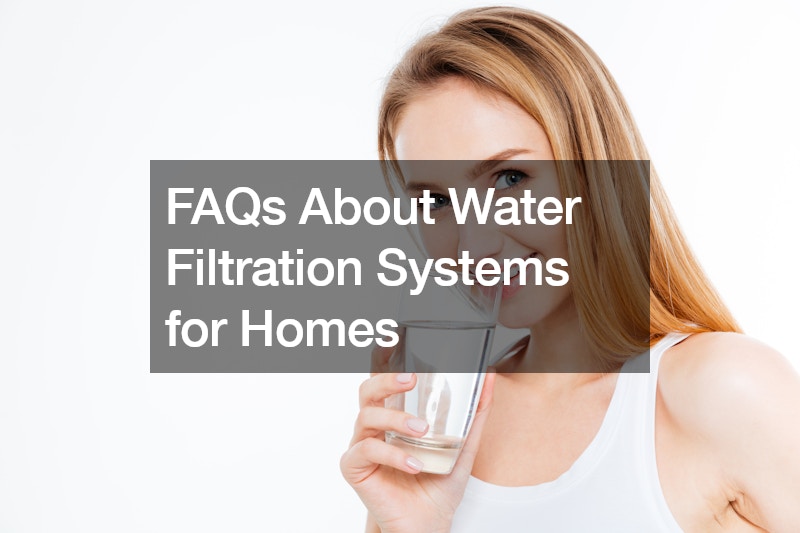Several common questions frequently arise When considering water filtration systems for homes. One prevalent query revolves around the types of contaminants that water filtration systems can effectively remove. Depending on the specific system, contaminants such as chlorine, sediment, heavy metals, bacteria, viruses, and volatile organic compounds can be filtered out, resulting in cleaner and safer drinking water.
Another frequently asked question concerns the installation process and whether professional assistance is required. While homeowners themselves can install some water filtration systems, others may necessitate professional installation to ensure proper setup and functionality.
Consulting with a qualified installer or plumber can help determine the best approach for your specific system.
Clients often inquire about maintenance requirements and the frequency of filter replacements. Understanding the maintenance needs of your water filtration system is crucial for ensuring optimal performance and longevity. Regular filter replacements are typically recommended to prevent clogging and maintain water quality, with intervals varying based on usage and the specific system’s design.
Additionally, prospective buyers often seek information regarding the cost-effectiveness of water filtration systems and their long-term benefits. While initial investment costs may vary depending on the system’s type and features, many homeowners find that the health benefits and improved water quality provided by filtration systems outweigh the initial expense. Conducting thorough research and comparing different options can help homeowners make informed decisions based on their budget and specific needs.
.







